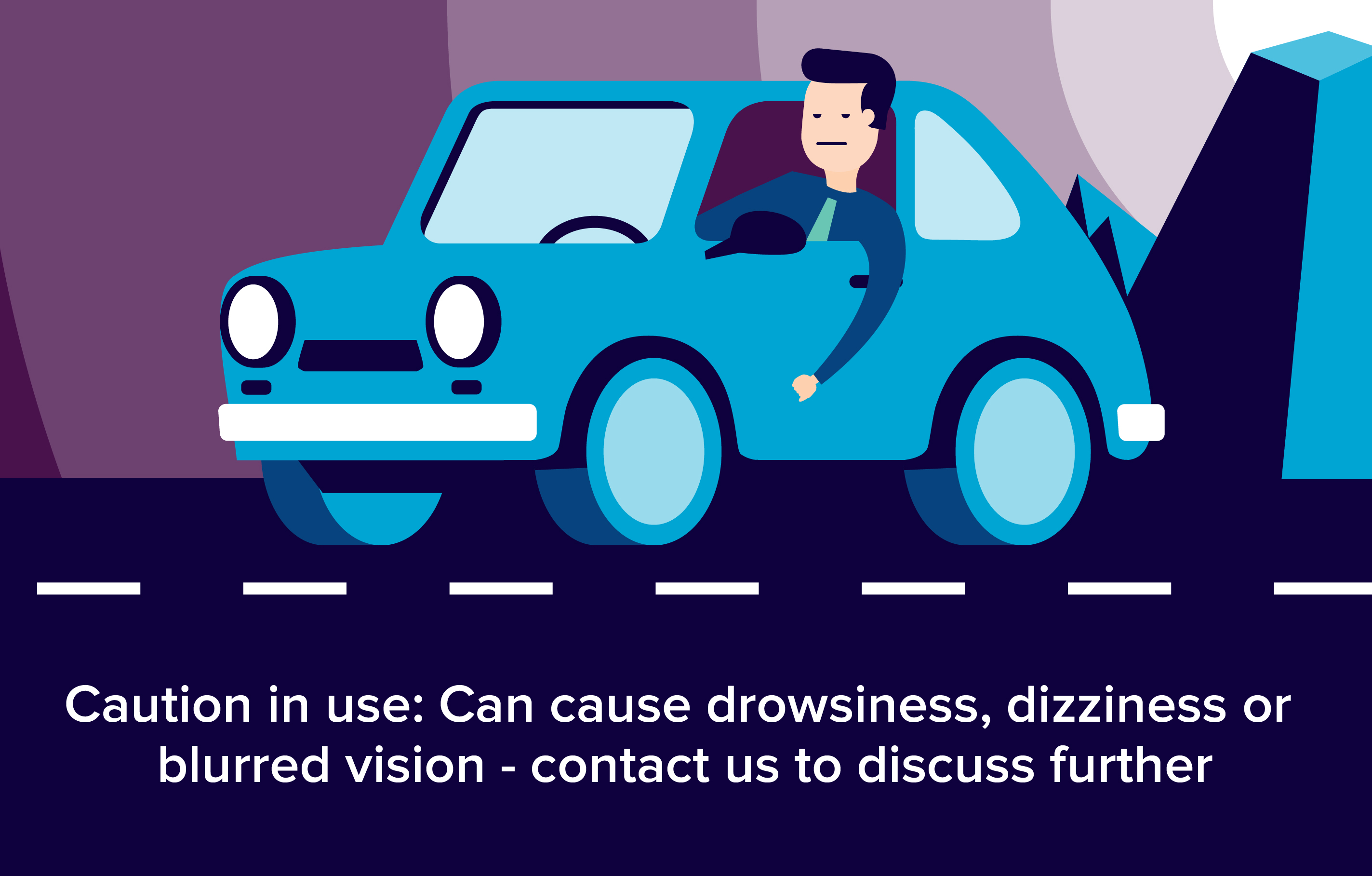-
To treat ulcers in the stomach and duodenum (part of the gut).
-
To reduce acid reflux which may cause heartburn or oesophagitis (inflammation of the gullet). These conditions are sometimes called gastro-oesophageal reflux disease (GORD).
-
As one part of treatment to get rid of Helicobacter pylori - a bacterium (germ) found in the stomach, which can cause ulcers.
-
To help prevent and treat ulcers associated with anti-inflammatory medicines called non-steroidal anti-inflammatory drugs (NSAIDs).
-
In a rare condition called Zollinger-Ellison syndrome.
-
In other conditions where it is helpful to reduce acid in the stomach.
PPIs usually work very well to reduce stomach acid and to treat the above conditions. They have made a big impact on the quality of life of many people with these conditions since they first became available in the 1980s. They are commonly prescribed.
How do proton pump inhibitors work?
Your stomach normally produces acid to help with the digestion of food and to kill bacteria. This acid is corrosive so your body produces a natural mucous barrier which protects the lining of the stomach from being eroded.
In some people this barrier may have broken down allowing the acid to damage the stomach, causing an ulcer. In others there may be a problem with the muscular band at the top of the stomach (the sphincter) that keeps the stomach tightly closed. This may allow the acid to escape and irritate the oesophagus (gullet). This is called 'acid reflux' which can cause heartburn and/or oesophagitis.
PPIs stop cells in the lining of the stomach producing too much acid. This can help to prevent ulcers from forming or assist the healing process. By decreasing the amount of acid, they can also help to reduce acid reflux-related symptoms such as heartburn.
They are called 'proton pump inhibitors' because they work by blocking (inhibiting) a chemical system called the hydrogen-potassium adenosine triphosphatase enzyme system (otherwise known as the 'proton pump'). This chemical system is found in the cells in the stomach lining that make stomach acid.
What are the side-effects?
Most people who take a PPI do not have any side-effects. However, side-effects occur in a small number of users. The most common side-effects are:
-
Constipation
-
Diarrhoea
-
Flatulence
-
Headaches
-
Nausea (feeling sick)
-
Abdominal (tummy) pain
-
Vomiting
For a full list of possible side-effects and cautions, see the leaflet that comes in the packet with your particular brand.
References:
http://en.wikipedia.org/wiki/Proton-pump_inhibitor
http://www.health.harvard.edu/newsletters/Harvard_Health_Letter/2011/April/proton-pump-inhibitors
http://www.patient.co.uk/health/proton-pump-inhibitors
http://www.drugs.com/drug-class/proton-pump-inhibitors.html
http://www.medicinenet.com/proton-pump_inhibitors/article.htm
http://www.medicalnewstoday.com/articles/233272.php

